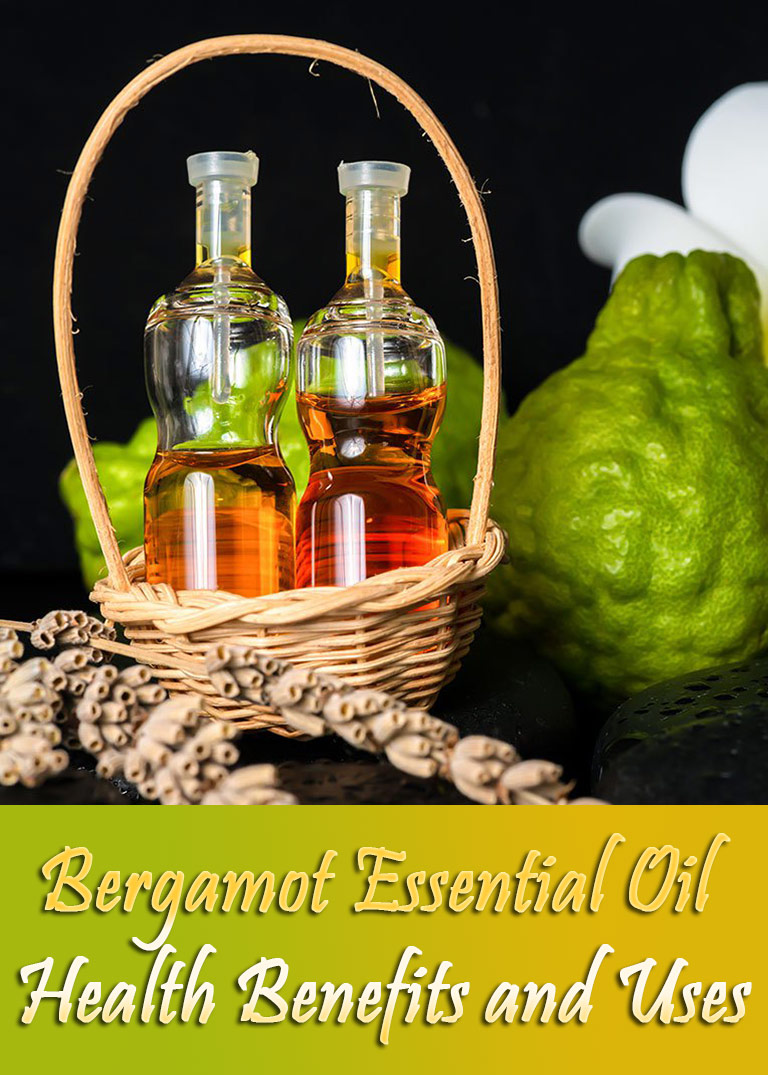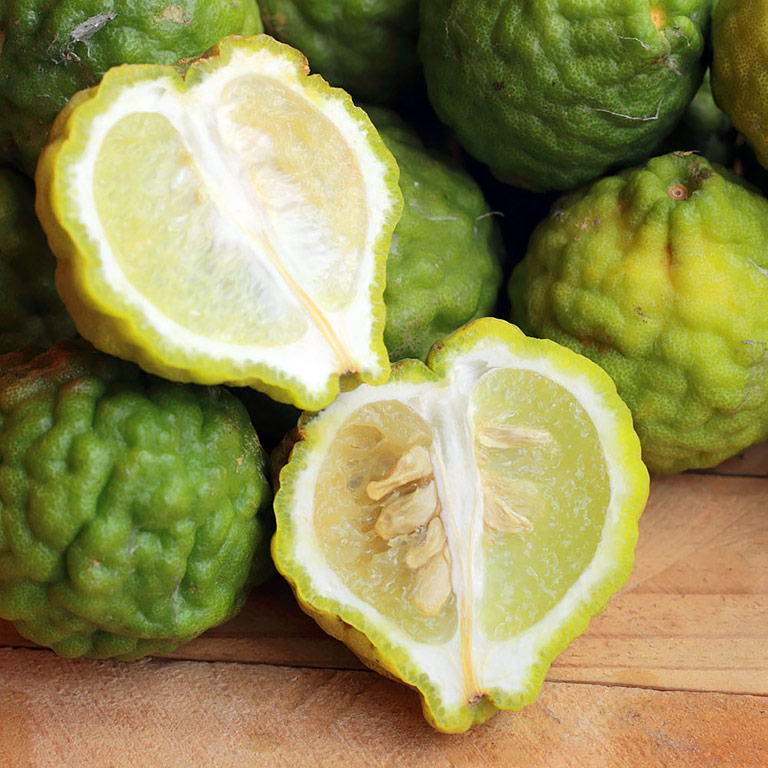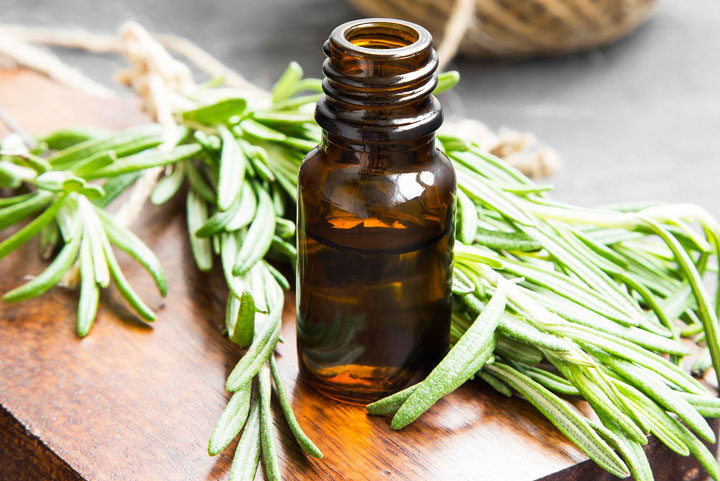
Did you know that there is more to bergamot essential oil than giving off a nice aroma and flavoring Earl Grey tea? Bergamot essential oil has many health benefits and uses and it contains many powerful properties which have an amazing effect on both physical and mental health.
What is Bergamot Essential Oil and How it is Produced
Bergamot essential oil is extracted from the fruit of the Citrus bergamia tree. As its name suggests, the bergamot tree belongs to the citrus family and it came about by cross-breeding the orange tree with the lemon tree. The tree grows in hot climates and, although, many countries grow bergamot trees, Italy produces most of the world’s supply of bergamot fruit.
Bergamot oil is extracted mechanically with machines called “peelers”. These machines “scrape” the outside of the fruit under running water to get an emulsion channeled into centrifuges for separating the essence from the water.

Bergamot Essential Oil Uses
There has been much research into the health benefits that bergamot essential oil provides. These studies have shown that bergamot essential oil has antimicrobial, anti-inflammatory, and analgesic properties, as well as, having a calming effect on the mind and helping to improve mood. Bergamot oil is also one of the best essential oils for allergies.
What are the many health benefits that bergamot oil can give? Let’s have a look at them and how you can use this essential oil.
Anxiety, Stress, and Mood Disorders
Stress has become a major factor in most people’s lives and, although, some amount of stress is normal, when it becomes too much it can lead to more serious mental and health issues that I’ve mentioned in my article on how stress affects your body.
Bergamot essential oil is a popular remedy in aromatherapy to relieve stress and mood disorders and it is one of the best essential oils for anxiety and depression.
Research published in Phytotherepy Research showed that in clinical trials on rats bergamot essential oil has a similar effect on reducing anxiety as diazepam, one of the most popular anti-anxiety medications.
Another study on healthy women tested the effects of inhaling bergamot oil and showed that stress levels were measurably reduced. The study said that the water vapor with bergamot essential oil exerted a psychological and physiological effect in a relatively short time.
Other studies have shown that it can reduce anxiety in patients waiting for surgery and help cope with work-related stress.
Anti-bacterial
One of the widest uses of bergamot essential oil is as a powerful anti-bacterial agent. That is one of the reasons why bergamot essential oil is widely used in making soaps.
Its anti-bacterial properties work to effectively kill off harmful bacteria. For example, research has shown that bergamot essential oil was one of the essential oils with the most effective anti-bacterial components. It was effective in killing Escherichia coli O157 (E.coli bacteria), Listeria monocytogenes, Bacillus cereus, and Staphylococcus aureus – all of these are the main culprits for food poisoning.
Bergamot essential oil has the power to kill off bacterial infections of the intestines, kidneys, colon, and urinary tract. One study published in the Journal of Applied Microbiology found that a citrus oil blend which included bergamot essential oil killed off the bacteria Enterococcus faecium and Enterococcus faecalis – the bacteria which causes urinary tract infections, endocarditis (an infection of the heart’s inner lining), and meningitis. It is interesting to note that E. faecalis is becoming more resistant to antibiotics.
Anti-fungal
Fungal infections on the skin can show up as athlete’s foot, ringworm, candida, and nail infections. The anti-fungal properties of bergamot oil have been shown to inhibit and kill off fungal growth and it is an effective topical treatment for fungal infections.
The Journal of Antimicrobial Chemotherapy published a study on the effects of bergamot essential oil and found it to be just as effective as medications commonly used to treat fungal infections. The good news is that there were no reported side effects from using bergamot essential oil as an antifungal treatment.
Reduces pain
Bergamot essential oil can also help in reducing pain because of its analgesic properties. When used in aromatherapy it has been shown to release certain hormones which actually reduce the sensitivity of nerves to pain.
So, if you have a headache, sprain or other types of pain for which you would usually take analgesic pain killers, then try rubbing some bergamot essential oil mixed with a carrier oil on the affected area.

Potential in Anti-Cancer Treatments
There are also promising results on the use of bergamot essential oil in helping cancer patients cope and treat cancer.
Scientists were able to show that bergamot essential oil has proven anticancer activity and they were also able to use methods to make bergamot essential oil more efficient in killing off cancer cells. Their study also said that bergamot essential oil compounds have been used to help treat breast cancer.
Bergamot oil has also been used as a holistic approach to ease pain and depression in patients who have terminal cancer. A blended oil mixture of bergamot, lavender and frankincense was massaged on each hand every day for 7 days. At the end of the period, there was a marked improvement in the group that received the bergamot essential oil blend.
Statin-like Properties
Statins are often used by doctors to control cholesterol levels and lower the risk of heart attack and stroke, however, there are many unpleasant side effects associated with taking them.
Taking an extract of bergamot has been shown to reduce the dose of statins needed to control cholesterol.
The International Journal of Cardiology published a study showing that bergamot extracts increased the effectiveness of statin therapy, therefore resulting in a reduction of the dose of statins. During the one-month study, the amount of cholesterol in the blood was reduced by around 30%.
Other Uses of Bergamot Essential Oil
Because bergamot essential oil is a powerful antifungal, antibacterial, and anti-inflammatory agent, as well as having a pleasant smell, there are a number of other ways that you can use it.
Helps the digestive system – by mixing a few drops of bergamot essential oil with a carrier oil (such as jojoba oil or sweet almond oil) and then rubbing it on your stomach, can help you ease digestive problems and excess gas. Abdominal massage has many benefits, and adding bergamot essential oil will enhance these effects.
Bergamot oil benefits the skin – due to its anti bacterial properties, bergamot essential oil can also help your skin look great and healthy. You could add a few drops of bergamot essential oil to a tablespoon of carrier oil and use it to treat acne or other skin infections or if you have an oily skin. If you suffer from acne. You can also use other essential oils for acne.
Natural deodorant – you can also use bergamot essential oil to kill off odors. For example, you can add a few drops to this homemade deodorant, or to this natural coconut oil deodorant.
Air freshener – in a spray bottle mix together water and a few drops of bergamot oil and other of your favorite essential oils to create a natural air freshener. Shake well before each use. Or use bergamot essential oil in a diffuser to freshen the air while creating a soothing atmosphere. Or you can add it to other health boosting essential oil recipes for your diffuser.
Relieves congestion – bergamot essential oil can also help relieve cold symptoms. You can place a few drops on the palms of your hand, rub them together, cup your hands and then place to your nose and mouth and breathe in the vapor. Or you can add a few drops to a steam vaporizer.
How to Use Bergamot Essential Oil
Because essential oils are very concentrated, don’t use bergamot essential oil directly on the skin without diluting it first with a carrier oil like coconut oil, sweet almond oil, jojoba oil, or olive oil.
To enjoy the health benefits of bergamot essential oil, you can use it in a number of different ways, for example:
- Use it regularly as part of aromatherapy massage treatment by adding it to a carrier oil
- Add a few drops to a carrier oil and add to bath water
- Add a few drop to your diffuser or room vaporizer
You can also make your own refreshing Earl Grey tea using some bergamot oil. It is suggested to make black tea as usual and then dip a toothpick into the bergamot essential oil. Remove the excess oil from the toothpick by wiping it on the inside of the bottle’s neck then use the toothpick to stir your tea. You can use some trial and error to reach your perfect taste.
Side Effects and Precautions
Bergamot essential oil is generally safe for use; however, it contains bergamottin and bergapten which can increase photosensitivity. This means that it can increase the risk of skin damage because of exposure to the sun. If you have applied bergamot oil, make sure to wear sunblock with a high SPF factor or cover up.





Leave a Reply